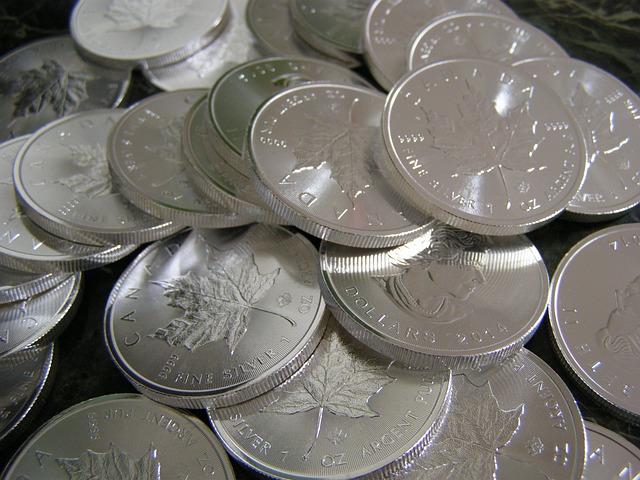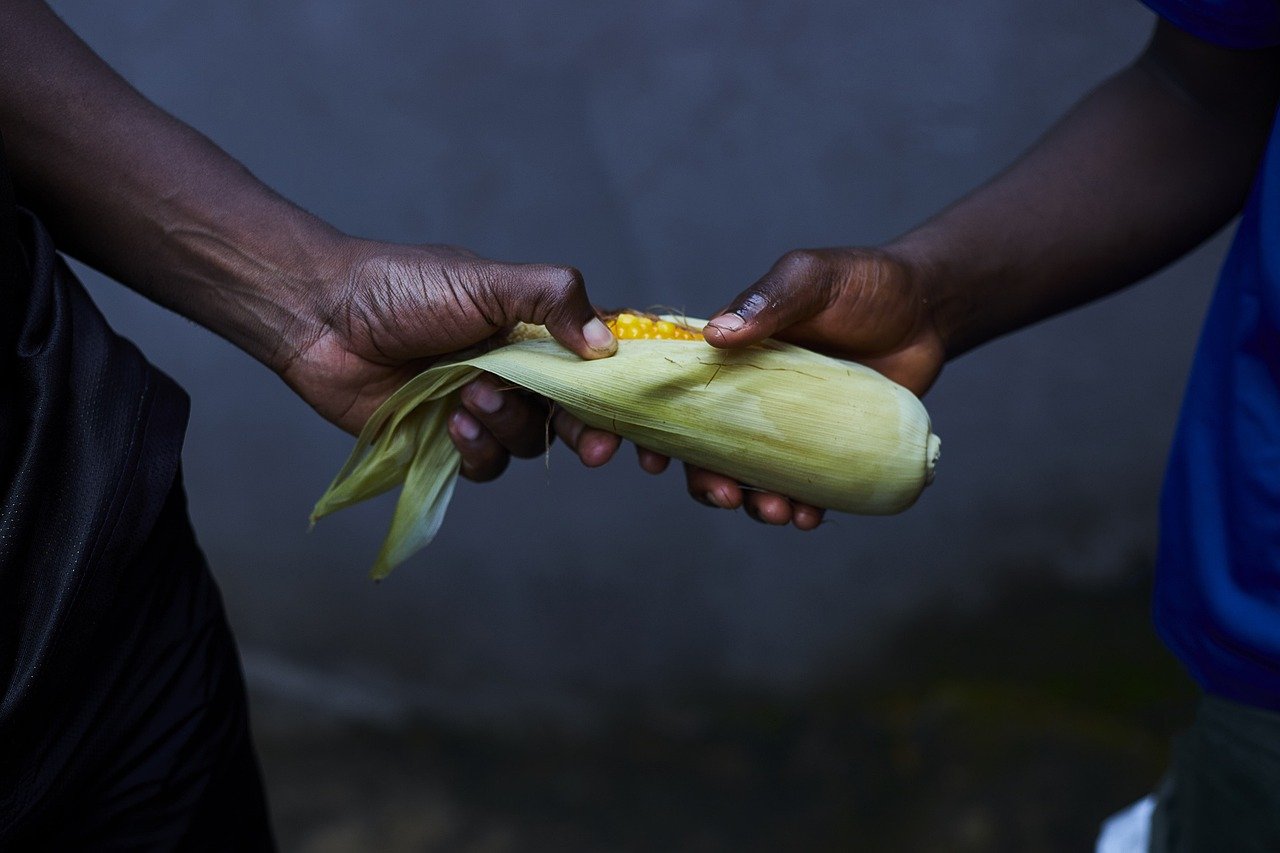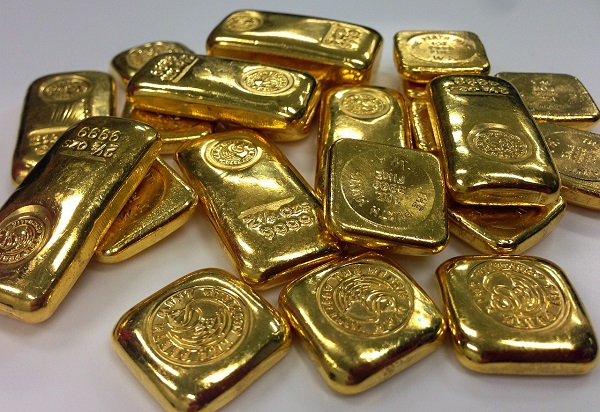Test Your Skill – Take a Quiz on Alternative Currencies
Introduction
In an era of economic uncertainty and the growing desire for self-sufficiency, many are turning to alternative currencies as a means of ensuring financial stability in times of crisis. This blog will delve into the various forms of alternative currencies, their advantages, and the potential drawbacks, especially in the context of prepping.
What is an Alternative Currency?
An alternative currency is any form of currency used as a substitute for traditional money, such as the US Dollar, Euro, or Yen. These currencies often emerge during times of economic instability or within communities seeking greater autonomy from centralized financial systems. Examples of alternative currencies include precious metals like gold and silver, cryptocurrencies, barter systems, and community-based tokens.
The Role of Precious Metals
 Gold and silver have long been considered reliable stores of value, especially during times of economic turmoil. Gold, in particular, is often viewed as an alternative currency because it holds intrinsic value and is widely accepted for trade. However, one of the main challenges with using gold is its high value per unit, which makes it less practical for everyday transactions. For instance, purchasing small items like groceries with gold would be cumbersome due to the difficulty in dividing such a valuable asset into smaller denominations.
Gold and silver have long been considered reliable stores of value, especially during times of economic turmoil. Gold, in particular, is often viewed as an alternative currency because it holds intrinsic value and is widely accepted for trade. However, one of the main challenges with using gold is its high value per unit, which makes it less practical for everyday transactions. For instance, purchasing small items like groceries with gold would be cumbersome due to the difficulty in dividing such a valuable asset into smaller denominations.
 Silver, on the other hand, offers a more practical alternative. Silver coins can be easily divided into smaller units, making them ideal for smaller transactions. Preppers often prefer silver for its divisibility and ease of use in barter situations. In a long-term crisis, precious metals tend to retain their value, offering a stable form of currency when national fiat currencies may fail.
Silver, on the other hand, offers a more practical alternative. Silver coins can be easily divided into smaller units, making them ideal for smaller transactions. Preppers often prefer silver for its divisibility and ease of use in barter situations. In a long-term crisis, precious metals tend to retain their value, offering a stable form of currency when national fiat currencies may fail.
Cryptocurrencies: The Digital Frontier
 Bitcoin and other cryptocurrencies represent a newer form of alternative currency that operates on decentralized networks, meaning they are not controlled by any single entity. This decentralization is one of the key features that make cryptocurrencies attractive, especially for those who wish to conduct transactions without relying on traditional financial institutions.
Bitcoin and other cryptocurrencies represent a newer form of alternative currency that operates on decentralized networks, meaning they are not controlled by any single entity. This decentralization is one of the key features that make cryptocurrencies attractive, especially for those who wish to conduct transactions without relying on traditional financial institutions.
However, cryptocurrencies come with their own set of risks. Their high volatility means that their value can fluctuate significantly over short periods, which could be problematic in a crisis where stability is crucial. Additionally, cryptocurrencies rely on internet access and electricity, making them less practical in situations where infrastructure might fail.
Despite these challenges, cryptocurrencies have become popular in the prepper community due to their ability to facilitate peer-to-peer transactions without the need for intermediaries. This aspect of decentralization also makes them somewhat resistant to government regulation and tracking, although they are not entirely immune.
Bartering: The Oldest Form of Trade
 Before the invention of money, people traded goods and services directly, a practice known as bartering. In the context of alternative currencies, bartering remains a viable option, especially in situations where traditional currency systems collapse. Bartering involves the direct exchange of goods and services, functioning as a currency system without the need for money.
Before the invention of money, people traded goods and services directly, a practice known as bartering. In the context of alternative currencies, bartering remains a viable option, especially in situations where traditional currency systems collapse. Bartering involves the direct exchange of goods and services, functioning as a currency system without the need for money.
One significant advantage of bartering is that it relies on the immediate utility of the traded items or services. For example, a person might trade a skill, such as carpentry, for food or other necessary supplies. However, bartering also comes with challenges, the most notable being the difficulty in finding a matching need. If two parties do not have mutually desired goods or services, a trade cannot occur, limiting the effectiveness of bartering as a universal currency.
Community Currencies and Local Barter Tokens
 In some communities, localized forms of currency, such as local barter tokens, are used to facilitate trade within a specific area. These tokens often represent a community-based currency that can only be used within that particular community, encouraging local trade and economic resilience. While not as widely accepted as national currencies or precious metals, community currencies can be a valuable tool for fostering economic stability in small, close-knit communities.
In some communities, localized forms of currency, such as local barter tokens, are used to facilitate trade within a specific area. These tokens often represent a community-based currency that can only be used within that particular community, encouraging local trade and economic resilience. While not as widely accepted as national currencies or precious metals, community currencies can be a valuable tool for fostering economic stability in small, close-knit communities.
The Practicality of Physical Assets
In a prepping context, physical assets are often preferred over digital currencies due to their accessibility in situations where infrastructure may fail. Silver coins, for example, are not reliant on electricity or internet access, making them a reliable form of currency in a crisis. Similarly, ammunition is often considered an alternative currency in prepper communities because it holds intrinsic value and utility, making it a highly tradable item.
Another example is livestock, which can provide ongoing resources such as food and labor. In rural areas, livestock might be considered a form of alternative currency due to their ability to produce valuable goods over time. However, the downside to using physical assets, particularly barter items, is that they may degrade or spoil over time, reducing their value and utility.
The Risks and Rewards of Stockpiling
Preppers often stockpile small denominations of silver coins for everyday trade and barter in a crisis. The advantage of these coins is their practicality in smaller transactions and their relative stability in value. However, one must also consider the potential for government regulation, particularly with cryptocurrencies. While decentralized, governments can impose regulations on the use of cryptocurrencies, and transactions are often recorded on public ledgers, making them susceptible to tracking.
Conclusion
Alternative currencies offer preppers various options to ensure financial stability and trade capabilities in a crisis. From the tangible security of precious metals and physical assets to the decentralized nature of cryptocurrencies, each form of alternative currency has its advantages and drawbacks. Understanding these options and their practical applications can help preppers make informed decisions about how to secure their financial future in uncertain times.
Whether through gold, silver, bartering, or digital currencies, having a diverse approach to alternative currencies can provide a buffer against the unpredictable nature of economic crises.

